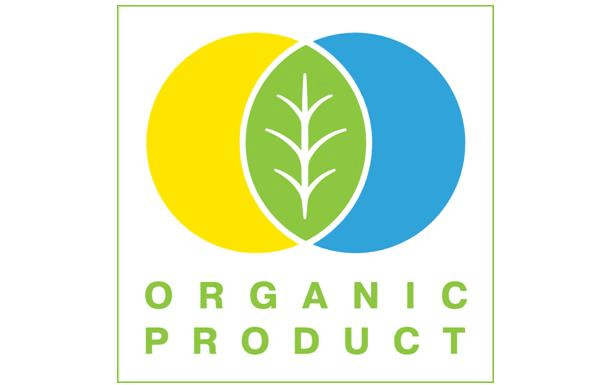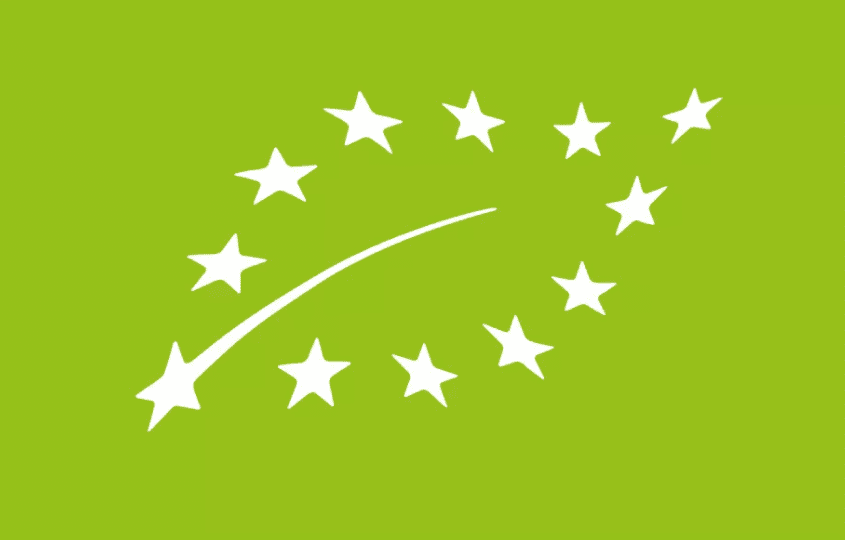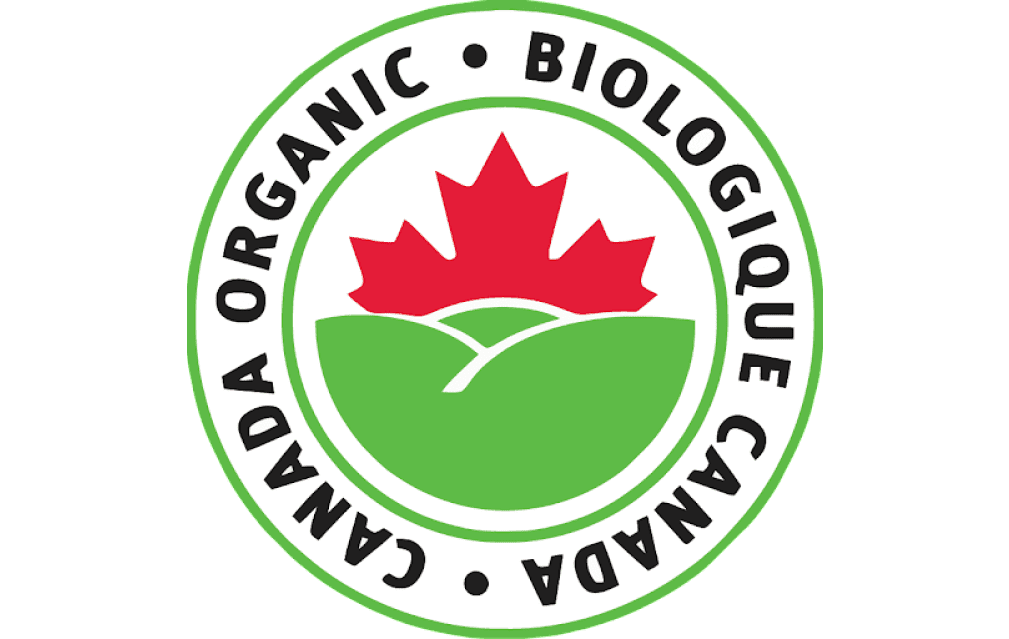Certification of Wine Production
Conducting certification of organic Wine Production is an important direction of our main activities, in which we have an extensive experience. Precisely, the first project in Ukraine was implemented under the Organic Standard certification.
Organic wine production refers to organic production associated with the production of wine using specific organisational and technological practices in winemaking, in accordance with the requirements of standards and regulations.
We have a proven track record in certifying wine production under international and private standards, such as the EU Organic Regulation, in Ukraine and Moldova.
The range of organic wine we certify depends on the grape varieties grown by the operators. Operators involved in winemaking mainly cultivate their own raw materials.
Certification involves the thorough verification and assessment of production methods and products to ensure compliance with organic regulations. We issue internationally recognised certificates upon successful certification, granting our clients access to premium organic markets.
Organic Standard provides a comprehensive range of services that encompass inspections and certification based on various standards and ongoing support for the Operator during the entire certification process. We place great importance on the expertise of our specialists and continuously enhance their skills and qualifications. As a result, this approach allows us to deliver high-quality service to our clients.
Requirements for Wine Production
The general requirements for organic wine production are as follows:
- Predominant use of the following production methods:
- Biological methods
- Mechanical methods
- Physical methods
- In cases where non-organically produced products are also processed or packaged in the unit where do organic one, the following operational requirements shall be observed:
- The operations must be separated in time from similar operations performed on non-organic products.
- Organic products shall be stored separately from non-organic products before and after the manufacturing operations.
- The identification of product batches and prevention from mixing or substitution with non-organic products shall be ensured.
- Operations with organic products may be performed only after proper cleaning of production equipment and inventory.
- Using the certified organic raw materials.
- Using only products and substances that are allowed to be used or added to organic winemaking products according to a standard.
- The use of enological practices, processes, and methods is allowed under the following conditions:
- Thermal treatment at temperatures not exceeding 75°C.
- Centrifugation and filtration with inert filtering material or without it, provided that the pore size is not less than 0.2 micrometers.
Organic Standards and Regulations

Organic Legislation of Ukraine
Certification in accordance with the legislation of Ukraine is mandatory for the production and sale of organic products in Ukraine.

IACB Standard equivalent to the EU Regulations
Certification according to the IACB Equivalent EU Organic Production & Processing Standard for Third Countries is currently the only option for exporting organic products from Ukraine to the EU.

EU Regulation 2018/848
Certification in accordance with EU Regulation 2018/848 for exports to EU countries from Ukraine will be mandatory no earlier than 2024.

Canada Organic Regime (COR)
Certification according to COR is an important requirement for exporting organic products to Canada, which can also facilitate exports to the United States.
If you have any questions, please contact our specialist

Olena Manziuk
Deputy Head of Certification Department, Senior Certification Specialist
